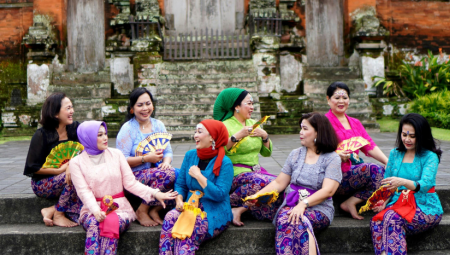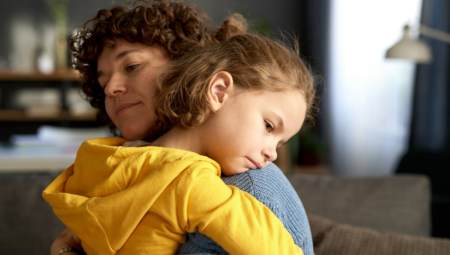Background
Staying Close, Staying Connected was a project run by Break who are a charity that works across East Anglia who aim to improve the lives of children and young people on the edge of care, in care and leaving care. This project is one of the eight Staying Close, Staying Connected pilots funded by the Department for Education Innovation Programme following from Sir Martin Narey’s review of children’s residential care which focused on the quality of care in children’s homes.
The project provided supported accommodation primarily in shared housing and personalised support for young people leaving residential care to promote stability, support networks and independent living skills as they move into adulthood. The project aimed to be co-produced with young people, involving them in decision making at various levels of the organisation and running a young people’s forum.
Summary
The Project had been running for three years and a previous evaluation was carried by York University. University of East of Anglia was commissioned to undertake qualitative research co-produced with young people and to make a film exploring young people’s experiences of Staying Close, Staying Connected which could potentially inform the national roll our of similar projects if funding is secured.
UEA was commissioned to undertake qualitative research co-produced with young people and to make a film exploring young people’s experiences of Staying Close, Staying Connected which could potentially inform the national roll out of similar projects if funding is secured.
The evaluation was covered between September 2020 – September 2021.
Project aims
This was a qualitative research project aimed to:
- Co-produce an evaluation with young people using Staying Close, Staying Connected
- To explore Local Authority staff's and Staying Close, Staying Connected staff’s experiences of working in/with the project
- To understand and analyse young care leavers perspectives on the value of Staying Close, Staying Connected
- Co-produce a film with young people aimed at care leavers and other stakeholders to explain how Staying Close, Staying Connected works and what young people can expect from it
Project activity
Evaluation report
A co-production and participatory approach was used for the report. This involved engaging with five young people as Peer Consultants at four stages in the evaluation.
Stage one: Gaining knowledge of the project from young people and explore themes they considered important for the interview schedules.
Stage two: Design interview schedules and carry out pilot interviews with young people.
Stage three: Design interview schedules for Local Authority staff and Staying Close, Staying Connected staff.
Stage four: Reflect and analyse themes emerging from interviews and consider implications for practice.
Film
Ten young people were involved in making films about Staying Close, Staying Connected in collaboration with the University of East of Anglia and Eye Film. This included:
- Three sessions in different parts of East Anglia to gauge interest and explore ideas for content
- Two training days where young people and Staying Close, Staying Connected staff were taught to use cameras and the appropriate equipment
- Five filming days on location at young people’s flats and across East Anglia where young people worked with filmmakers and University of East of Anglia researchers to produce content
- Young people were offered the chance to help to edit the film and learn technical skills. One young person took up this opportunity, attending the Eye Film office and helped with the technical and content side of editing the film
- Young people were consulted about the rough cut and the final edit of the film
In the end two films were made, one aimed at young care leavers, and the other for potential commissioners/practitioners of similar services. Both films have been used in Department for Education national learning events and to inform the roll out of the service in the West Midlands.
Project outputs
Next steps
- Finalise evaluation report
- Facilitate links with Staying Close, Staying Connected participation team and University of East of Anglia PLE social work group
- Staying Close, Staying Connected will explore on-going film work using skills and equipment gained during project
Who was involved?
Principal Investigator
Dr Jeanette Cossar, University of East Anglia
Researchers and institutions
Ms Julie Young, University of East Anglia
Contact us
Dr Jeanette Cossar, Jeanette.Cossar@uea.ac.uk





